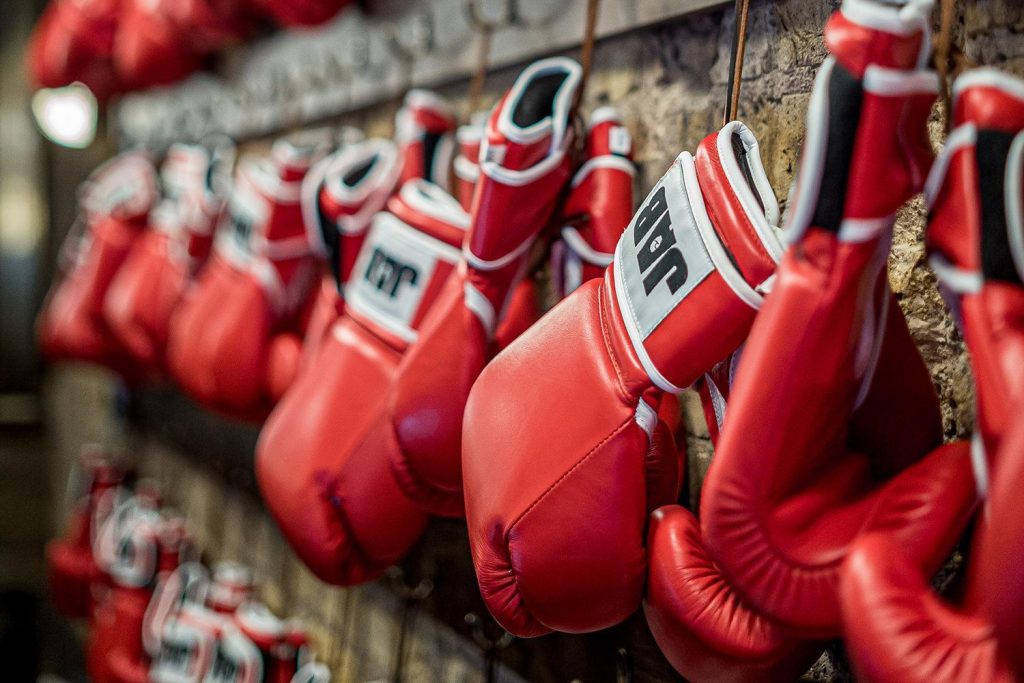The International Boxing Association (IBA) has ignited a contentious debate within the sporting world by announcing its intention to pursue legal action against the International Olympic Committee (IOC) over the inclusion of transgender athletes in the Paris 2024 Olympic Games. The IBA’s decision, fueled by former US President Donald Trump’s executive order prohibiting transgender women from competing in women’s sports, specifically targets the IOC’s decision to allow transgender boxers Imane Khelif and Lin Yu-ting to participate and subsequently win gold medals at the Olympics. The IBA frames its legal challenge as a defense of “gender equality” and the “integrity of female sports,” arguing that transgender women possess an inherent physical advantage that constitutes “unfair competition.” This stance aligns the IBA with a growing wave of organizations and individuals advocating for the separation of transgender women from women’s sports.
The IBA’s legal offensive against the IOC represents a significant escalation in the ongoing debate surrounding transgender inclusion in sports. IBA President Umar Kremlev explicitly invoked Trump’s executive order as validation of the IBA’s position, highlighting the increasingly politicized nature of the issue. Kremlev called upon other international sporting federations to follow the IBA’s lead, positioning the organization as a vanguard in the fight against transgender participation in women’s sports. This call to action suggests a potential broadening of the conflict, with the possibility of other sporting bodies adopting similar exclusionary policies. The IBA specifically plans to file complaints with attorneys general in Switzerland, France, and the United States, indicating a multi-pronged legal strategy targeting the jurisdictions where the IOC operates and the upcoming Olympics will be held.
Beyond its legal challenge against the IOC, the IBA is also actively implementing stricter gender verification measures for its own competitions. These measures, announced in conjunction with the upcoming Women’s World Boxing Championships in Niš, underscore the organization’s commitment to excluding transgender women from its events. While the IBA frames these measures as necessary to ensure a “fair and equitable sporting environment,” critics argue that such policies are discriminatory and harmful to transgender athletes. The IBA’s stance reflects a broader trend within certain sporting circles to restrict or ban transgender participation based on perceived physiological advantages, a position that is fiercely contested by advocates for transgender inclusion who emphasize the importance of inclusivity and the right of transgender individuals to participate in sports consistent with their gender identity.
Adding another layer to this complex issue, the IBA’s stance on transgender participation has sparked controversy in Nigeria. Interim Nigeria Boxing Federation (NBF) president Azania Omo-Agege has called for a National Assembly probe into the NBF’s affiliation with World Boxing, the governing body recognized by the IBA, expressing concerns about its transgender policies. Omo-Agege’s objection stems from the perceived conflict between World Boxing’s transgender-inclusive policies and Nigeria’s constitution, although the specific constitutional provision in question remains unclear. This development highlights the potential for the IBA’s stance to create friction within national sporting federations, particularly in countries where cultural or legal norms clash with the principle of transgender inclusion.
Omo-Agege’s call for an investigation also raises concerns about the transparency and due process within the NBF’s decision-making processes. She has specifically requested that former NBF president Kenneth Minimah explain the federation’s affiliation with World Boxing before lawmakers, alleging that proper consultation with stakeholders was not conducted. This internal dispute within the Nigerian boxing community illustrates how the IBA’s position on transgender athletes can have far-reaching consequences, impacting not only international sporting bodies but also national federations and their internal governance. The NBF situation serves as a microcosm of the broader debate, highlighting the challenges associated with navigating the complex intersection of sports, gender identity, and national regulations.
The IBA’s aggressive legal stance and the ensuing controversy in Nigeria underscore the increasingly fraught debate surrounding transgender participation in sports. The IBA’s framing of the issue as a matter of “fairness” and “protecting women’s sports” resonates with a segment of the population, while simultaneously drawing sharp criticism from those who advocate for transgender inclusion and view such policies as discriminatory. The IBA’s decision to invoke Trump’s executive order further politicizes the issue, aligning the organization with a particular ideological perspective. The unfolding legal battles and internal disputes within national federations, such as the NBF, suggest that this debate is far from resolved and will likely continue to generate controversy and legal challenges in the foreseeable future. The outcome of these legal challenges and the broader societal discussion will have significant implications for the future of transgender athletes and the principles of inclusion and fairness in sports.


